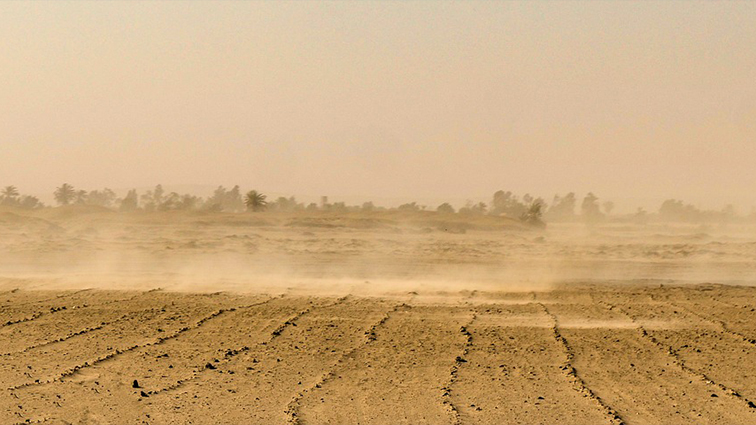Tunisia is experiencing increasing challenges as a result of climate change, as it has witnessed a continuous increase in temperatures, which have risen by 0.4 degrees Celsius over the past 30 years.
In the period between May and September of 2022, the country recorded an average temperature of 27.9 degrees Celsius, falling slightly to 27.1 degrees Celsius in the summer of 2023.
According to a study issued by the Arab Institute of Heads of Institutions entitled “Climate inflation: Challenges and opportunities in the face of climate change,” the climatic conditions in Tunisia have negatively affected agricultural production and food security, making Tunisia ranked twentieth in the world in terms of water stress and eighteenth in the index. Drought.
The agricultural sector is considered the most affected by climate change, and consumes about 80% of the country’s water supplies, which complicates efforts to deal with the scarcity of water resources.
In 2023, the country recorded a sharp decline in grain production by 61% compared to the previous year, with the amount of grain collected reaching about 2.9 million quintals, while production in 2022 was about 7.5 million quintals.
Rainfall also declined, with the average rainfall not exceeding 500 mm annually during the past decade, which increased pressure on water resources and intensified agricultural and human needs.
The deterioration of the filling level of dams has increased pressure on the agricultural sector, which is already suffering from a lack of available water resources. In the economic context, climate changes have contributed to an increase in general inflation by about 0.9 percentage points, and this percentage is expected to rise to about 1.4 percentage points per year. Next if current conditions continue.
